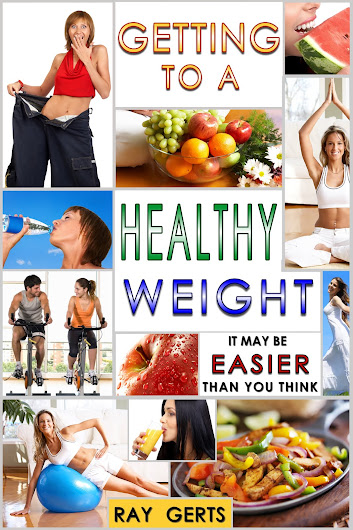Tips for Longevity

First tip: Go outside and get more sun Life expectancy can be increased simply by going outside and getting some sun. Exposure to sunlight triggers cells in your skin to produce vitamin D. Vitamin D is essential for many vital functions: Bone growth Bone remodeling (in which bones constantly rebuild themselves) Involuntary muscle contractions (such as for heartbeat and digestion) The conversion of blood glucose (sugar) into energy Vitamin D deficiency can impair all these functions and increase the risk of fractures, heart disease, type 2 diabetes, and osteoporosis (porous bones). Research suggests that 50% of adults with low vitamin D levels need to get out into the sun more. Getting sun for just 15 minutes a day is enough to maintain vitamin D levels in healthy people. Taking vitamin D supplements and eating foods rich in vitamin D are also effective ways to increase vitamin D levels. Foods rich in vitamin D include: Dairy and plant milk fortified with vitamin D Orange juice for...





